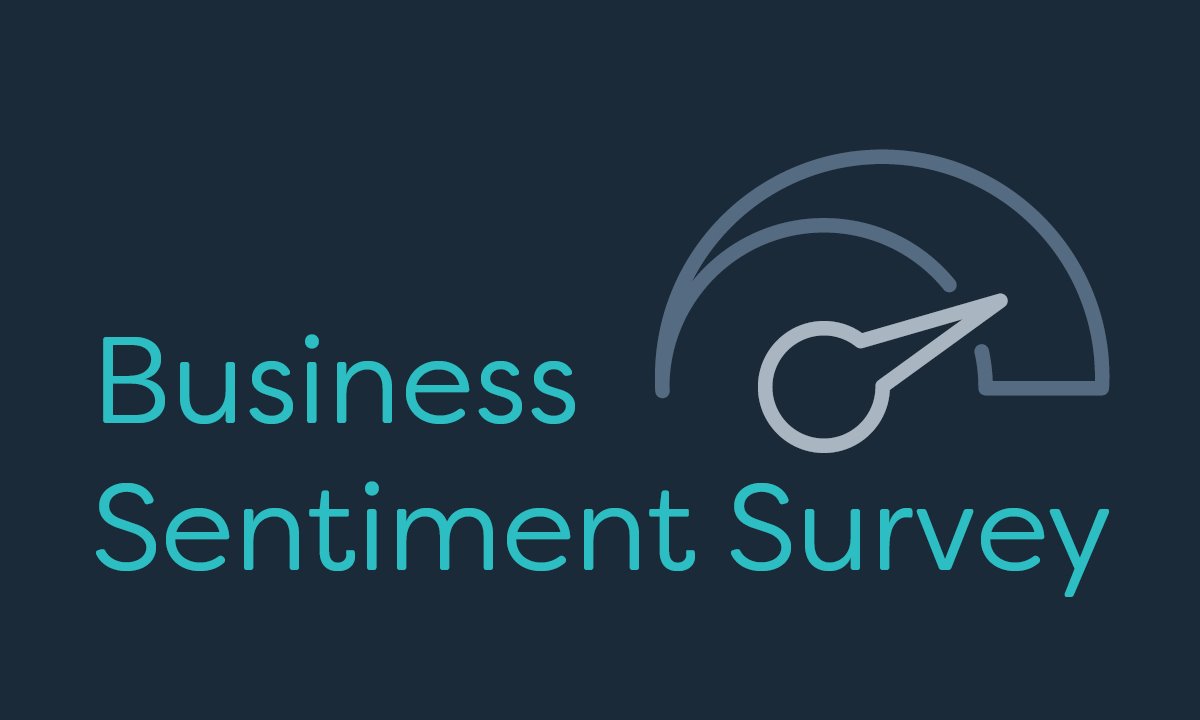A survey conducted amongst 504 businesses in the Waikato last week indicates business confidence has fallen sharply in the latest lockdown, with Net Confidence[1] in the economy declining to -20% today from +3% in March this year, but still better than the -31% during last year’s second lockdown in August 2020.
Te Waka Chair, Hamish Bell says “The latest lockdown is delivering a huge reality check for many. But while the trend is backwards, confidence is not as low as it was during last year’s lockdowns, suggesting the economy is in a better place to handle the challenges thrown by Delta.” He added, “But we must remain cautious as things are moving fast and the impact of an extended lockdown period could be material.”
Net confidence in the Waikato economy is more positive, but has also declined to -2% - from +11% in March (-14% in August 2020). Businesses are also less confident about their sectors, with net confidence at -9.6% (+11% in March). But when it comes to respondents’ own businesses, confidence is positive at +4% - but well off the +34% in March and better than the -17.5% in August 2020.
Bell noted, “The gap between sentiment towards the general economy vs own business highlights the uncertainty but suggests businesses have some confidence in managing their own situation.”
86% indicate a negative impact of the lockdown on their businesses, with just under half saying the impact is major. Just over 11% are expecting a positive impact. 60% are making changes in response to the lockdown while 22% saying those changes are major.
Bell added, “Waikato businesses have recovered strongly since the first lockdown, with growth bolstered by the Auckland-based businesses and workforce relocating to the Waikato to take advantage of more affordable housing, better education and the lifestyle that the region offers. That relocation shift is accelerating, offering a beacon of light for the Waikato economy.”
When asked about the challenges facing business, companies are focussed on staffing, supply chain and ongoing uncertainty; with smaller businesses emphasising loss of customers and cashflow.
“Concerns around staffing and supply chain are palpable,” noted Bell, adding “Despite significant growth, businesses are struggling to find staff; and supply chain constraints are causing major delays and massive cost increases, resulting in margin and cashflow pressures for business.” He added, “Small businesses could be hit the hardest by this lockdown. Without the buffer that bigger businesses can maintain, the management cashflow is likely to become a growing issue.”
78% of those surveyed indicated that they have or expect to apply for wage subsidies. When asked about other support required, a third require support with business strategy, marketing and business continuity planning respectively. Surprisingly, only 21% require help with HR – low given the tight labour market. A quarter require support with digital enablement - surprising given the lessons of 2020 – though this links well to the Government’s Digital Boost program.
“Digitisation of businesses is accelerating and will be critical in lifting productivity,” added Bell. “The Waikato is well placed to take advantage of the move towards online purchasing with the development of integrated distribution hubs at Ruakura and Tokoroa linking the Port of Tauranga & Auckland - attracting a myriad of manufacturers and distribution centres to the Waikato.”
The survey had responses from 504 businesses across a wide range of sectors. A third of those surveyed had revenues of <$1m and 75% had <10 employees, 12% had revenue >$10m and 13% had >20 employees. Two thirds were located in the centre of the region (Hamilton, Waipā, Waikato District), a quarter were from the east (Thames Coromandel, Matamata-Piako, Hauraki); and the rest were from the Southern part of the region (Taupo, Ōtorohanga, South Waikato, Waitomo).

[1] Calculated by subtracting the % of those who believe economy will improve from those who feel economy will deteriorate



.jpg?sfvrsn=14164ce5_1&mode=crop&width=770&height=462&format=jpeg&quality=85)
.jpg?sfvrsn=414c0434_1&mode=crop&width=770&height=462&format=jpeg&quality=85)
.png?sfvrsn=16db4cf2_1&mode=crop&width=770&height=462&format=jpeg&quality=85)